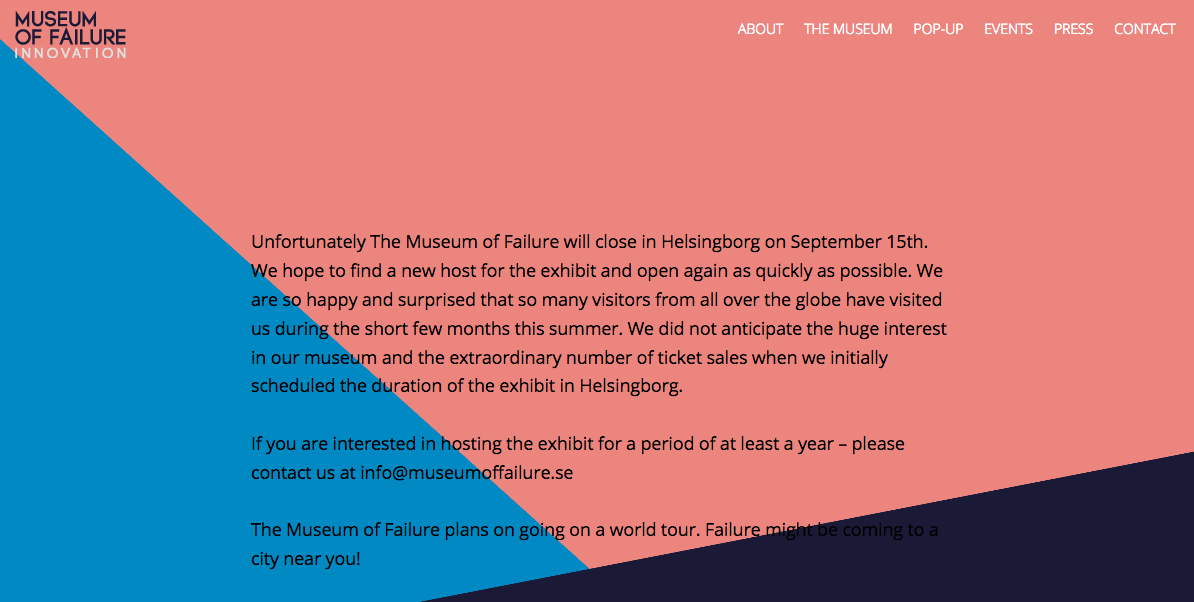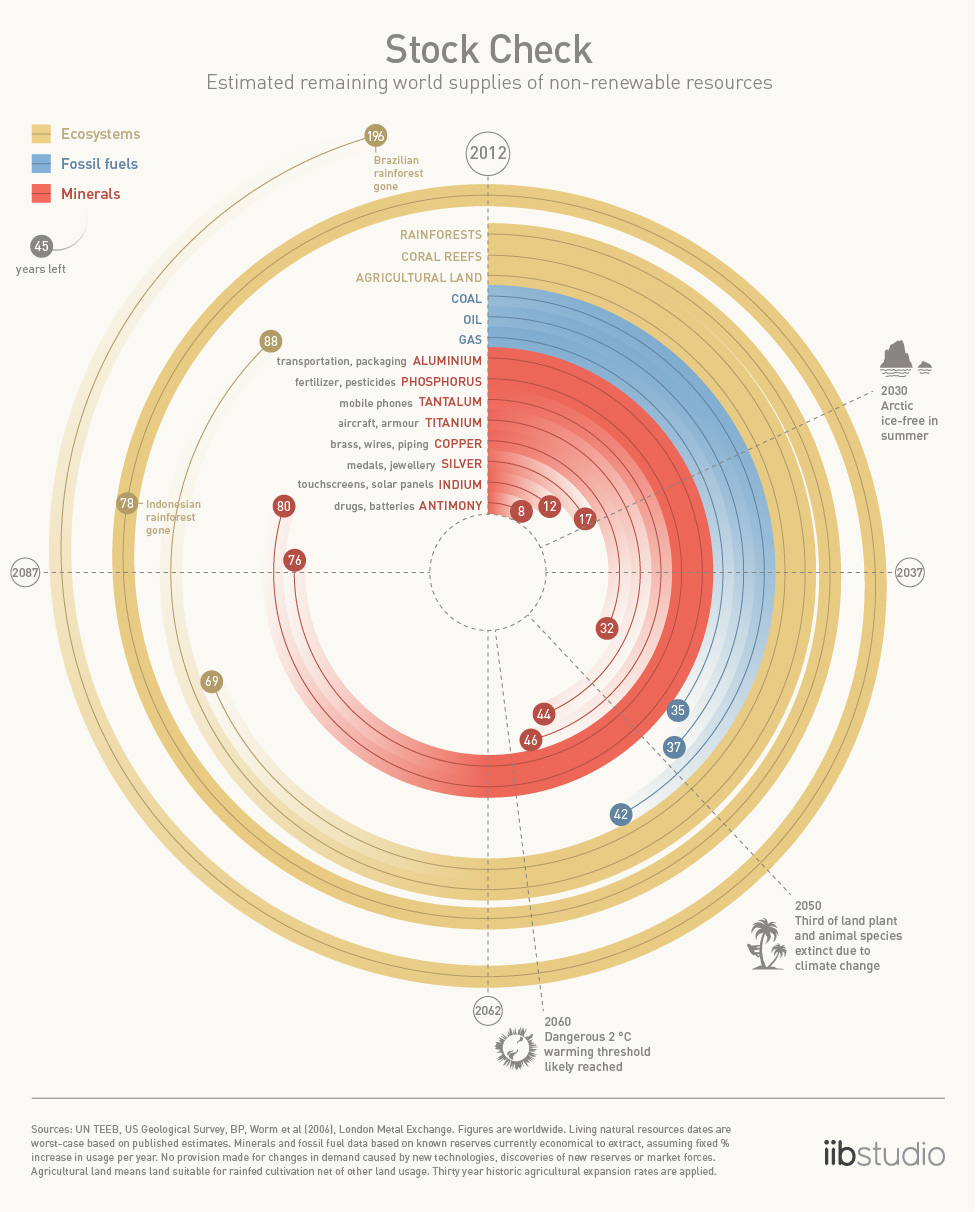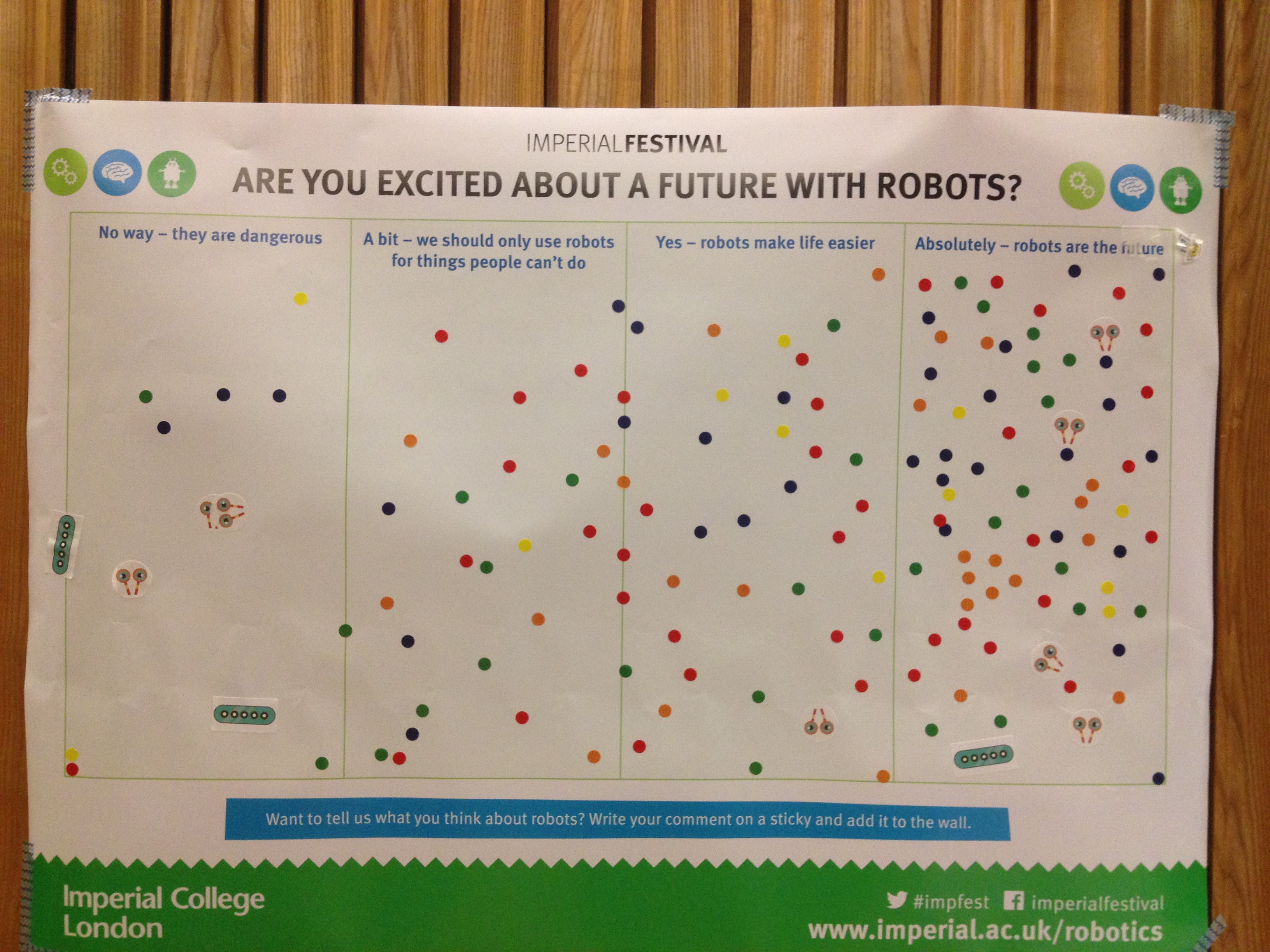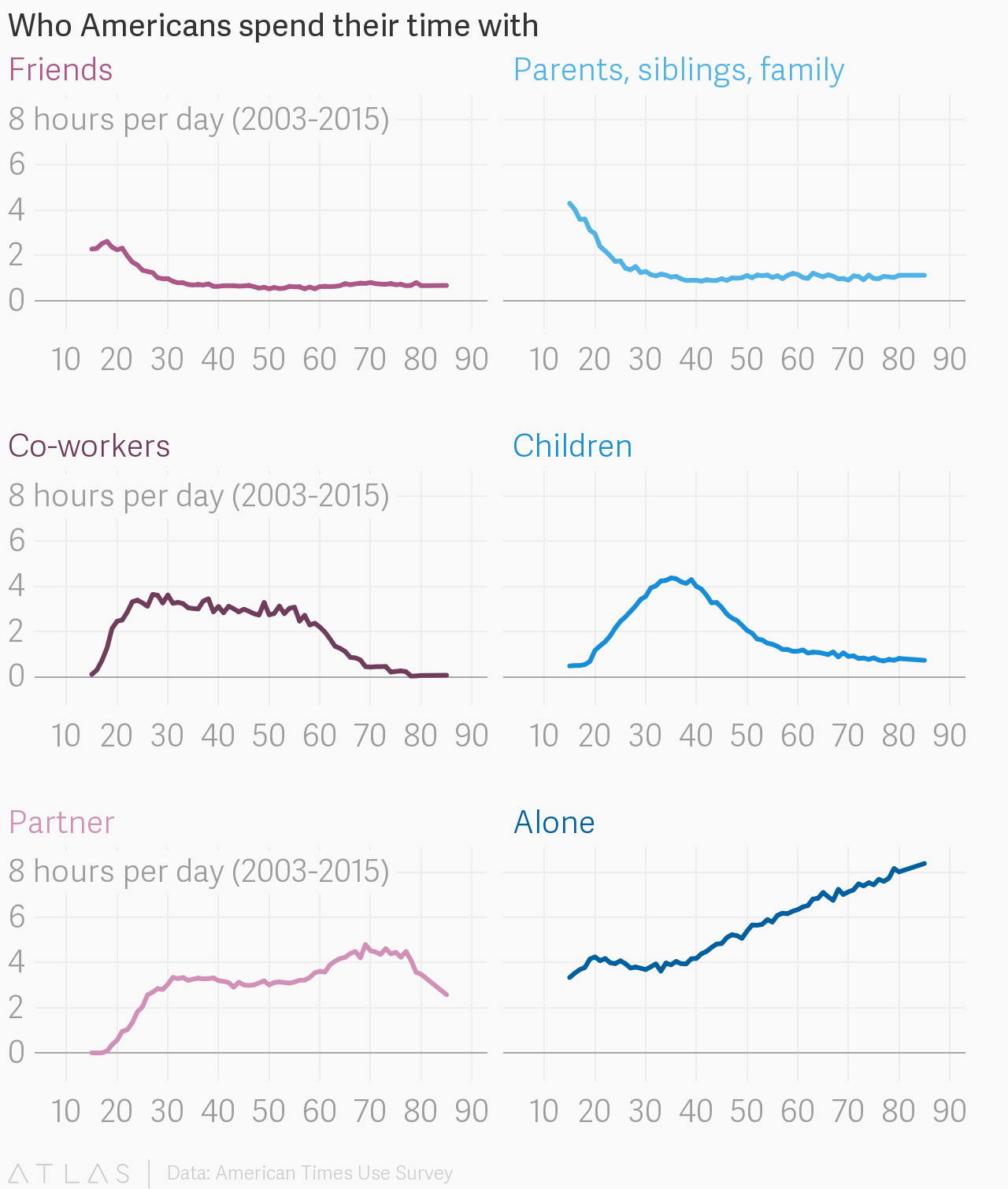Just found this. Not sure whether to laugh or cry. It reminds me slightly of Stephen Pile’s Not Terribly Good Club of Great Britain (which was forced to close after the founder was shown to be far too competent to run such a club).
Monthly Archives: August 2017
The re-invention of public libraries
It’s funny. The moment someone declares something as dead, chances are that whatever it is (vinyl records, fountain pens, paper books, watches, dumb-phones, bespoke tailoring, cinema, polaroid cameras, postcards, beer, butter, cider, cycling, Russia …) it reappears, often with renewed vim and vigour. I think public libraries are a good example.
Excellent article on this subject from the Guardian newspaper (thanks Corrina over in Sydney).
The Future of Education
I posted this a few months ago, but given the volume of articles in the papers recently about exam results (and artificial intelligence) I think it’s worth a re-post.
https://education.nsw.gov.au/media/exar/On_Education_RichardWatson.pdf
Peak Stuff of another kind
Never thought I’d see this
What’s Next issue 39 is up
Something from the latest issue of my What’s Next report.
Free as always. Click here for the link.
An emotional future.
Schools around the world have started to teach children computer coding on the basis they will have to program computers at work. It’s a logical but somewhat flawed idea.
First, although few people know it, there are already computers that can code themselves. Code that writes code. We will still need highly skilled top-level human coders in the future, but we might not need that many.
Second, teaching people how to think logically like machines is illogical given what computers are likely to be capable of one day. We should be doing the exact opposite. We should be teaching people how to behave totally unlike sterile number-crunching computers.
In 1983 Arlie Hochschild, sociologist, named invented the term ‘emotional labour’ to describe work that required a high level of emotional intelligence. For example, airline crew know how to deal with nervous or disruptive passengers. In 2015, a study by David Deming, an education economist at Harvard, discovered almost all new jobs created in the US from 1980 to 2012 required relatively high social skills.
AI and machine learning will edge into more routine, repetitive and logical work previously done by people. But human work will move further into areas that require empathy and perhaps some imagination, inspiration and persuasion. Machines are good at solving problems, but not especially good at inventing them and are almost useless at managing people or providing inspirational leadership.
Any job that involves caring for people, getting people to trust you or persuading people to do certain things they normally resist will be difficult to automate. Doctors, teachers, law enforcement officials and top-flight lawyers, for example, might be able to relax a tiny bit.
Even so, we don’t celebrate these kinds of jobs as much as we could. Caring is generally undervalued and underpaid in developed societies. Nurses, childcare and aged care workers often earn very little for their efforts. Indeed, most of the emotional work done in society is done for free, often by women and isn’t even regarded as real work. It also fails to count towards GDP.
We are on the cusp of machines that can give the appearance of being empathetic. Affective computers judge a user’s emotional state using biofeedback and adjust themselves accordingly. This could work, up to a point, but these machines will surely lack nuance or a deep understanding of human nature. Only a person can truly grasp how another person might feel, at a deep level.
This all offers a huge economic opportunity. First, we should start to recognise the true value of emotional work, to the economy and to society. Second, we should refocus our education systems away from teaching things that smart machines are already capable of (IQ) and towards the things they aren’t (EQ).
Empathy would be top of the list, although invention and inspiration wouldn’t be far behind. Educators and employers should place less emphasis on rote learning, short-term memory and exam success, and spend more time considering how to expand personality, persuasion, compassion and moral character.
Random #11
America a non-white country by 2050
I remember reading a statistic ages ago saying that by the year 2020, more than half of US children will be non-white (NPR) and another saying that by around 2050, the historical white majority in the US will be a minority (Guardian). If you add to this US history, the decline of the US as a global power and lots of guns things could take a nasty turn.
In this vein, a few images lifted from tweets by my favourite geo-political commentator, Ian Bremmer. As he says, worth watching.
Time Spent
Love this. (Thanks Matt). The last one is a little depressing.
Source here.
Random #9
Where is Ivanka Trump?









